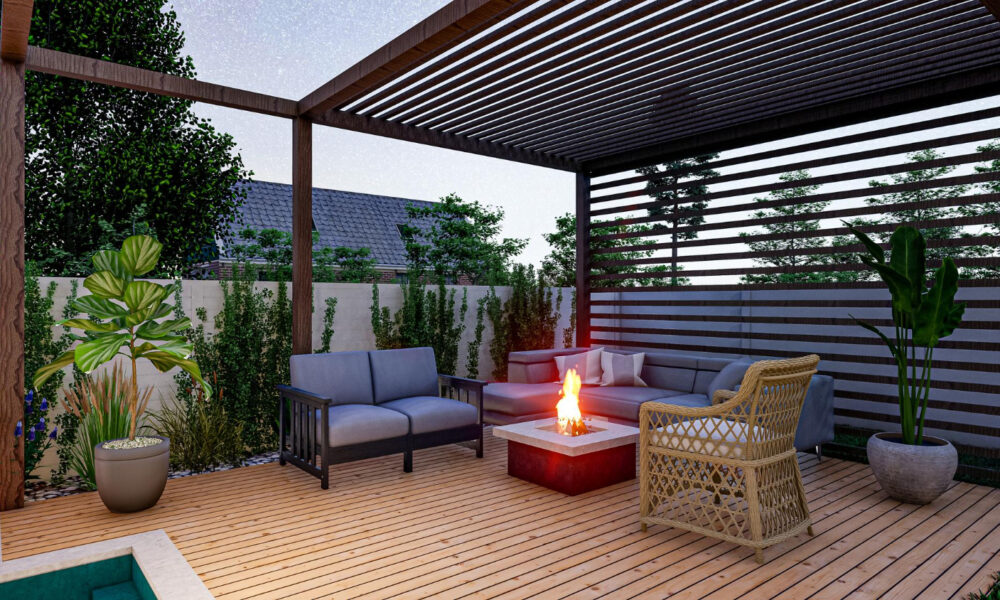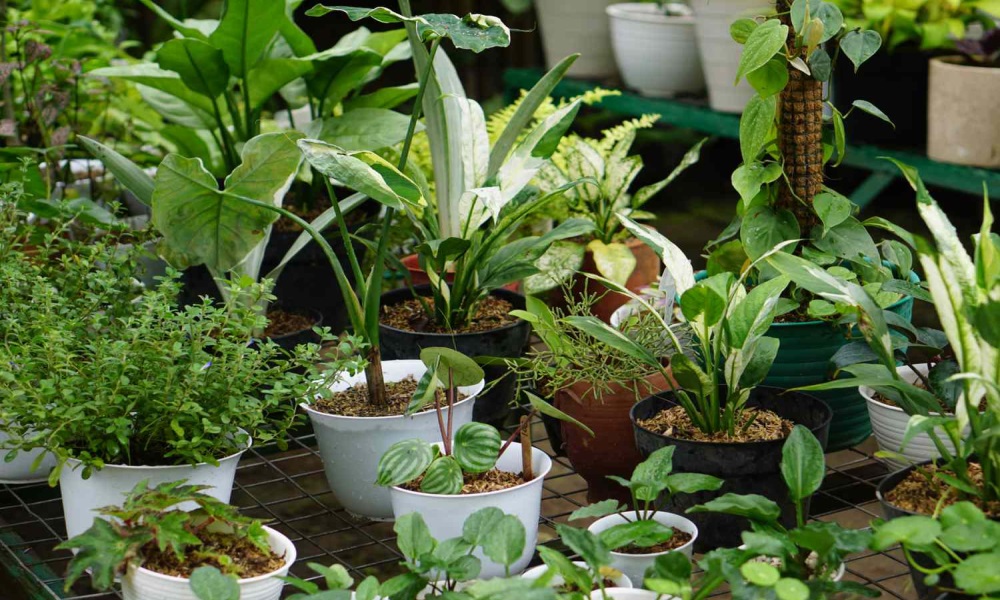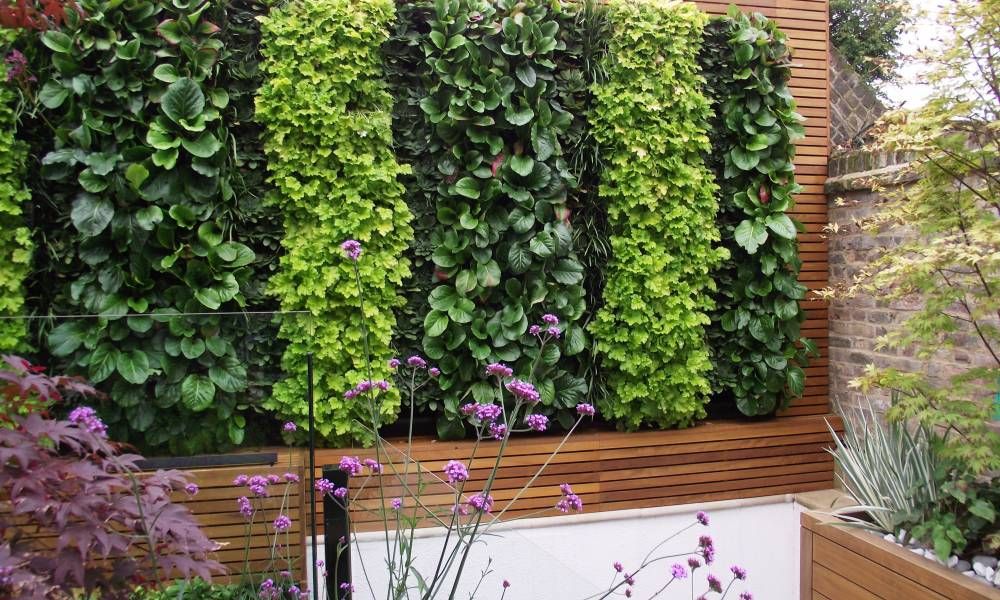Gardens are not just beautiful spaces that enhance the aesthetic appeal of our homes; they can also play a crucial role in promoting and enhancing biodiversity. With careful garden design, we can create habitats that attract and sustain a wide variety of plant and animal species, contributing to the conservation of biodiversity in our local environments.
Why is biodiversity important?
Biodiversity refers to the variety of life on Earth, including all the plants, animals, and microorganisms that inhabit our planet. It is essential for the healthy functioning of ecosystems and provides numerous benefits to humans. Biodiversity supports the pollination of plants, improves soil fertility, helps control pests, and provides us with food, medicine, and other resources.
However, biodiversity is under threat due to habitat loss, pollution, climate change, and other human activities. This is where garden design can make a significant difference by creating spaces that promote and support biodiversity.
Designing a biodiversity-friendly garden

When designing a garden to enhance biodiversity, there are several key principles to consider:
- Choose native plants: Native plants are adapted to the local climate, soil conditions, and wildlife. They provide food and shelter for native insects, birds, and other wildlife species. By incorporating a variety of native plants in your garden, you can attract a wide range of beneficial insects, such as bees and butterflies, which are essential for pollination.
- Create diverse habitats: Aim to create a variety of habitats in your garden, such as meadows, woodlands, ponds, and hedgerows. Each habitat will attract different species, providing food, shelter, and breeding grounds. Consider the needs of different wildlife, including nesting sites, water sources, and food plants.
- Provide water sources: Water is essential for all living creatures, so having a water feature in your garden can greatly enhance its biodiversity. A pond, birdbath, or even a small water container can attract a wide range of wildlife, including birds, frogs, and insects.
- Avoid pesticides: Pesticides can harm beneficial insects and disrupt the natural balance of your garden. Instead, focus on creating a healthy ecosystem by attracting pest-eating insects and birds. Encourage natural predators by planting nectar-rich flowers and providing nesting sites.
- Include dead wood and leaf litter: Dead wood and leaf litter provide habitats for a variety of insects, fungi, and small mammals. Leave fallen leaves and branches in a designated area of your garden to create a natural habitat for decomposers.
- Minimize lawn areas: Lawns offer little biodiversity value compared to other garden features. Consider reducing your lawn area and replacing it with native plants, wildflowers, or even a vegetable garden. These alternatives provide food and shelter for wildlife while reducing the need for water and chemical inputs.
The benefits of a biodiversity-friendly garden
Creating a biodiversity-friendly garden not only benefits the environment but also provides a more enjoyable and rewarding space for you to enjoy. Some of the benefits include:
- Increased wildlife sightings: By providing suitable habitats and food sources, you can attract a variety of wildlife to your garden. This can include birds, butterflies, bees, and even small mammals.
- Natural pest control: By encouraging beneficial insects and birds, you can naturally control pest populations in your garden without the need for harmful pesticides.
- Improved pollination: Bees and other pollinators are vital for the reproduction of many plants, including fruit and vegetable crops. By attracting pollinators to your garden, you can enhance the productivity of your plants.
- Reduced environmental impact: A biodiversity-friendly garden reduces the need for chemical inputs, such as pesticides and fertilizers, which can have negative impacts on the environment and human health.
- Connection with nature: A garden teeming with life provides a sense of connection with the natural world, promoting mental well-being and relaxation.
Garden design plays a crucial role in enhancing biodiversity. By incorporating native plants, creating diverse habitats, providing water sources, avoiding pesticides, including dead wood and leaf litter, and minimizing lawn areas, we can create spaces that support a wide range of plant and animal species. A biodiversity-friendly garden not only contributes to the conservation of biodiversity but also provides numerous benefits for humans and the environment.




